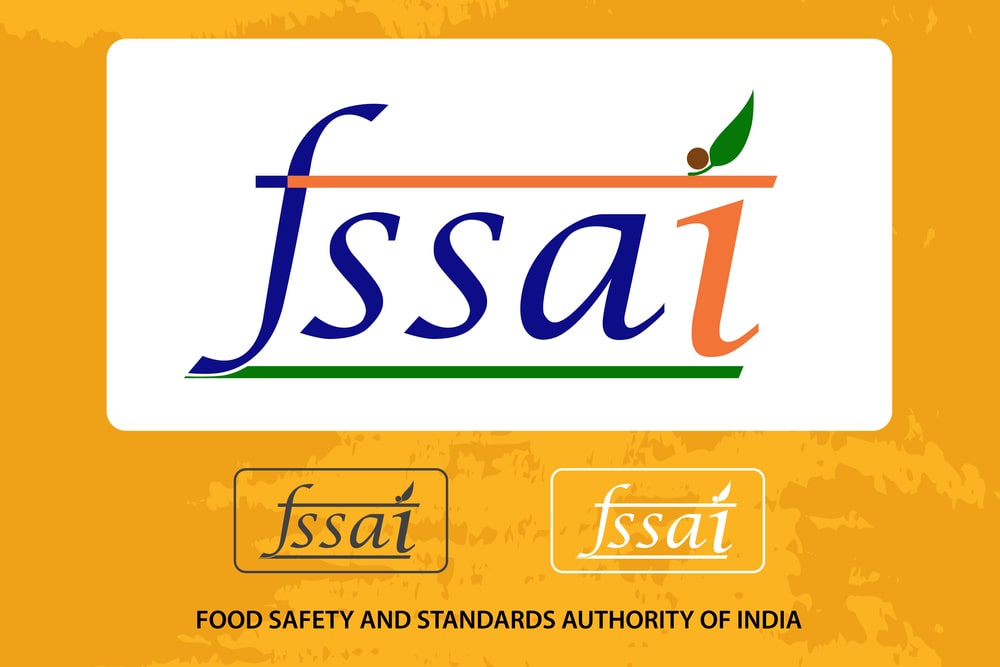Food Safety and Standards Authority of India (FSSAI): Food Safety and Standards Authority of India is an autonomous body established under the Ministry of Health & Family Welfare, Government of India. The FSSAI has been established under the Food Safety and Standards Act, 2006 which is a consolidating statute related to food safety and regulation in India.
In India, we have mostly two types of standards, which govern the sale of foods including milk and milk products. These are. Legal standards and Quality standards. Moreover, we had many bodies enforcing standards. This led to a lot of confusion for both manufacturers as well as enforcers. In the recent past, the concept of globalization or flat word has emerged very strongly, where all the boundaries have been eliminated. However, some barriers to trade concerning more stringent norms and others have been raised. In this context, Indian Standards needed to be harmonized within themselves as well as with the international standards. To eliminate the problems and confusions in the trade of food items including milk, the thought of uniform standards was evolved, which has been culminated in the form of the Food Safety and Standards Authority of India.
Objective: To meet a country’s sanitary and phytosanitary requirements, food must comply with the local laws and regulations to gain market access. These laws ensure the safety and suitability of food for consumers. Factors on which it depends in some countries food laws also govern food quality and composition standards.
The requirement of food regulation may be based on several factors such as whether a country adopts international norms developed by the Codex Alimentarius Commission of the Food and Agriculture Organization of the United Nations and the World Health Organization or a country may also have its suite of food regulations. Each country regulates food differently and has its food regulatory framework.
Functions Performed By FSSAI
- Framing of Regulations to lay down the Standards and guidelines about articles of food and specifying appropriate system of enforcing various standards
- Laying down mechanisms and guidelines for accreditation of certification bodies engaged in certification of food safety management system for food businesses.
- Laying down procedures and guidelines for accreditation of laboratories and notification of the accredited laboratories.
- To provide scientific advice and technical support to Central Government and State) Governments in the matters of framing the policy and rules in areas that have a direct or indirect bearing on food safety and nutrition?
- Collect and collate data regarding food consumption, incidence and prevalence of biological risk, contaminants in food, residues of various, and contaminants in foods products, identification of emerging risks and introduction of rapid alert system
- Creating an information network across the country so that the public, consumers, Panchayats etc receive rapid, reliable and objective information about food safety and issues of concern.
- Provide training programmes for persons who are involved or intend to get involved in food businesses.
- Contribute to the development of international technical standards for food, sanitary and phytosanitary standards.
- Promote general awareness about food safety and food standards
Members of The FSSAI
Food safety commissioner: Every state is legally mandated to appoint a food safety commissioner for the implementation of food safety standards.
Food safety officers: The food safety commissioners are mandated to appoint food safety officers for a given area, and assign to them the task of performing functions under this Act. The powers of the food safety officers include collecting samples of food articles and getting them tested, seizing articles that appear to violate the law and inspecting places where any article of food is manufactured.
Food analysts: Food analysts are also appointed by the food safety commissioner, and are tasked with carrying out an analysis on any food sample collected by the food safety officer, or by any purchaser of that food product.
Designated officer: Every district must have one designated officer. That person has the authority to issue, revoke or renew a license for a food business, or to prohibit the sale of any food article that violates any provision of the Act. This officer could also sanction prosecution of any food business operator, or recommend the same to the food safety commissioner.
Laboratories: The FSSAI can notify laboratories and research institutions for carrying out testing of food samples by appointed food analysts. In addition to state laboratories, the FSSAI also notifies private laboratories for carrying out food safety tests, based on their accreditation by the National Accreditation Board for Testing and Calibration Laboratories (NABL). It can also notify referral laboratories, to which an appeal could be referred from any of the state or accredited laboratories.
Food Safety and Standards Regulations, 2011
Under the FSSAI, six regulations were implemented on 5 August 2011, covering the interests of food business operators and consumers. These regulations are the.
- Food Safety Standards (FSS) (Licensing and Registration) Regulation, 2011
- FSS (Packaging and Labelling) Regulation, 2011
- FSS (Food Product Standards and Food Additives) Regulation, 2011, Part I & Part II
- FSS (Prohibition and Restriction on Sales) Regulation, 2011
- FSS (Contaminants, Toxins and Residues Regulation, 2011
- FSS (Laboratory and Sampling Analysis) Regulation, 2011.
Regional Offices of FSSAI
The FSSAI operates through its eight regional offices located in five zones across the country:
- Northern region-New Delhi, Lucknow, and Chandigarh
- Eastern region- Kolkata
- Northeastern region-Assam
- Western region- Mumbai
- Southern region- Chennai and Cochin
The former Chairperson of FSSAI 18 expressed the need for training of staff so that PSSAI will develop and put in place a training programme for upgrading the skills of regulatory staff, state regulators and provide training in such critical areas as risk assessment, food testing, regulatory action consumer education, and emergency response management.
Make sure you also check our other amazing Article on : Nonenzymatic Antioxidants
